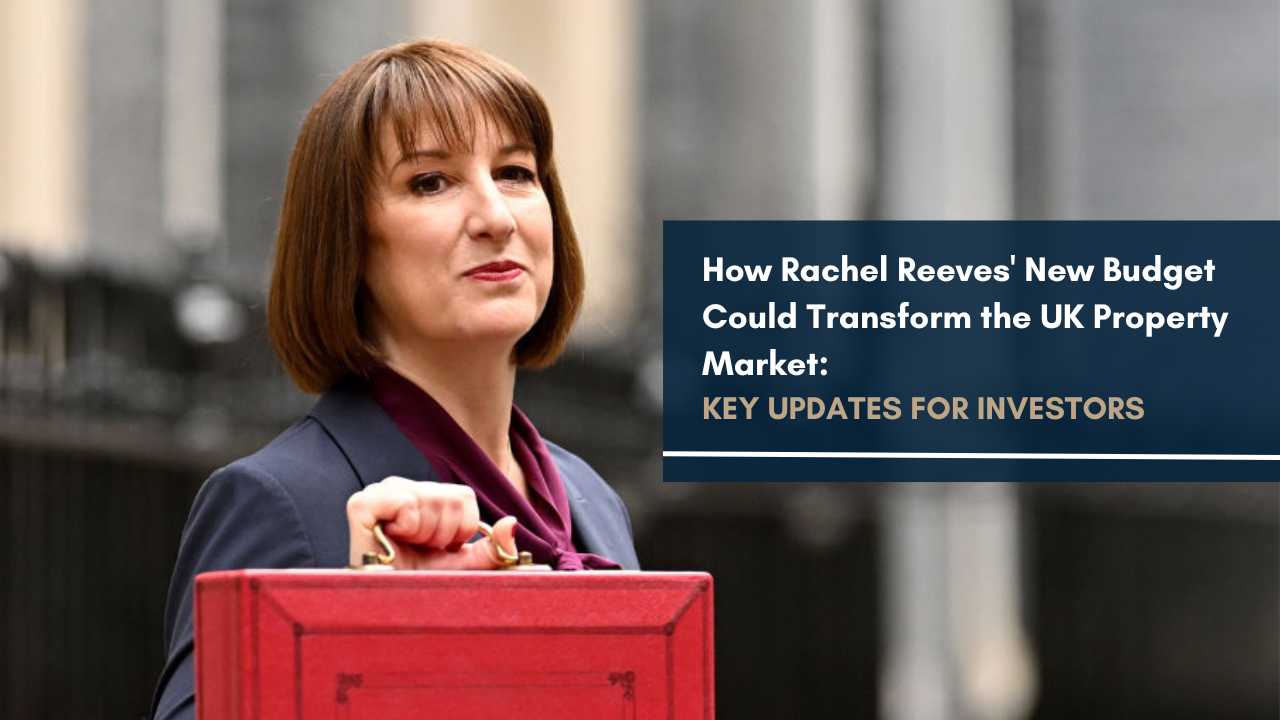The rental market is growing in the UK and there are now more rental homes than ever. Statistics show that there are now almost 8.8 million buy-to-let properties (source). As the demand for rental properties surges, more investors are looking to snap up houses and flats to let. Before taking the plunge and applying for a buy-to-let (BTL) mortgage, it’s essential to understand the costs involved in purchasing and running a rental home. This guide outlines key costs to consider.
The running costs of a buy-to-let
Buying a property to let can be lucrative, but there are many expenses to factor in on top of the purchase price. Buy-to-let costs include:
Mortgage interest payments
Taking out a buy-to-let mortgage will cost you money in the short and long term. Most BTL mortgages in the UK are interest-only mortgages. This means you’ll pay the interest fee on your loan each month and then pay off the total loan value at the end of the agreed term. Before you decide whether to apply for a BTL mortgage, you’ll need to ensure that you can cover the cost of the mortgage repayments. The amount you’ll pay each month will depend on the total loan value and the loan-to-value ratio.
Insurance
Landlords must ensure that their property is covered. There are specific requirements for property owners who let their homes out that differ from residential homeowners. Landlords should have buildings insurance, which is a legal obligation, and landlord’s insurance. Landlord’s insurance provides additional protection. Policies vary, but typically, if you take out landlord’s insurance, your plan will cover the following:
- Loss of rental income
- Accidental damage
- Theft
- Eviction fees
- Assistance for rehoming tenants
- Legal cover
- Owner liability
Landlord insurance policies are available from around £15 per month.
Repairs
Maintaining a property can be expensive. If you rent a house or flat out to tenants, you will be liable for general maintenance and repairs. This covers the structure of the building as well as additional costs, such as repairing electrical appliances if they are provided as part of the tenancy agreement. It’s wise to set aside up to 10% of your monthly rental income to pay for maintenance costs and create a fund for repairs. The cost of repairing damaged roofs, flooring or windows, for example, can spiral.
To save money on repairs and maintenance, it’s beneficial to keep up to date with routine tests, services and checks and to tend to problems as soon as tenants or letting agents report them. Small issues can snowball into bigger problems, which are more expensive to repair.
Letting agent fees
If you choose to hire a letting agency to manage your property or help you to find new tenants, you’ll need to factor in the cost. Fees vary depending on your location and the types of services you’re looking for. Some landlords manage most aspects independently, which is cheaper but more time-consuming, while others pay for comprehensive services, which are more expensive. It’s worth comparing quotes from different agencies, weighing up the pros and cons of different packages and options and researching companies to find reputable agencies with an excellent track record. Agent fees range from less than 10% to around 20% of the rental value, according to Which?.
Redecorating and refurbishing
Sprucing up a rental home costs money. If you’re modernising a property you want to rent out, or you’re updating the decor between tenants, you’ll need to incorporate the costs into your budget. Costs can vary hugely depending on the scale of the project, the materials you use and whether you do the work yourself or hire professional decorators.
Safety checks
Landlords in the UK must comply with safety requirements to keep tenants safe and reduce the risk of accidents and injuries. Examples include gas and electric safety checks. You may also be required to provide smoke and carbon monoxide detectors.
Tips to save on running costs
Follow these simple steps to lower running costs:
- Keep up to date with maintenance tasks
- Compare insurance quotes and letting agent fees
- Weigh up the pros and cons of management services
- Tackle small repairs before they develop into bigger problems
- Consider buying a property that is already used as a rental home
Conclusion
Buying a property to let can be lucrative, but it’s critical to ensure that you are aware of the running and maintenance costs involved before buying a house or flat. From insurance and letting agent fees to safety checks, maintenance and repairs, the costs of a buy-to-let can soon add up.
If you would like more guidance about the costs of a buy-to-let investment, speak to a member of our team today for free advice on how to organise your budget and get the best from your purchase.
Web: https://www.trackcapital.co.uk/contact-us/
Phone: +44(0)203 627 3987
Email: info@trackcapital.co.uk



































